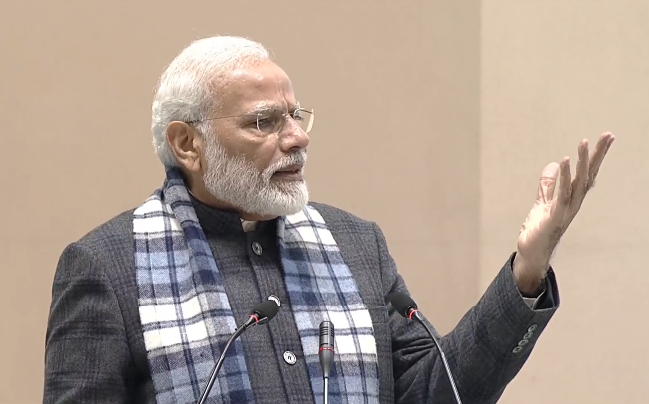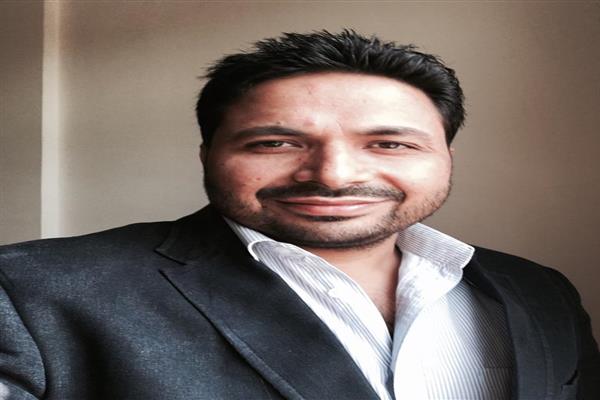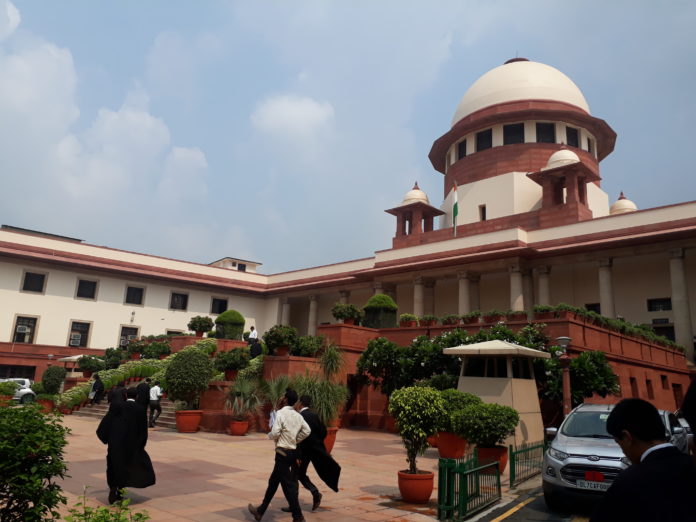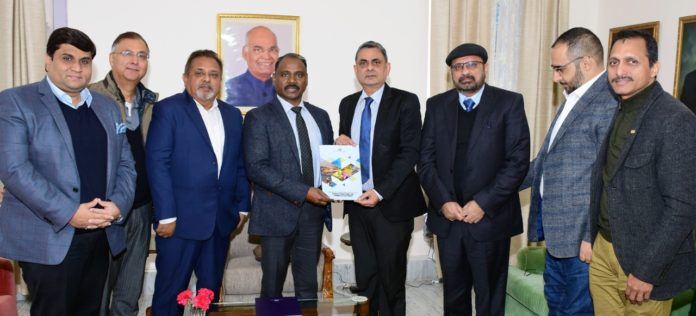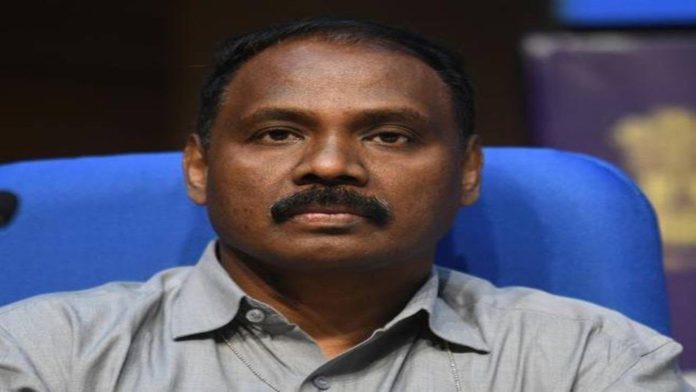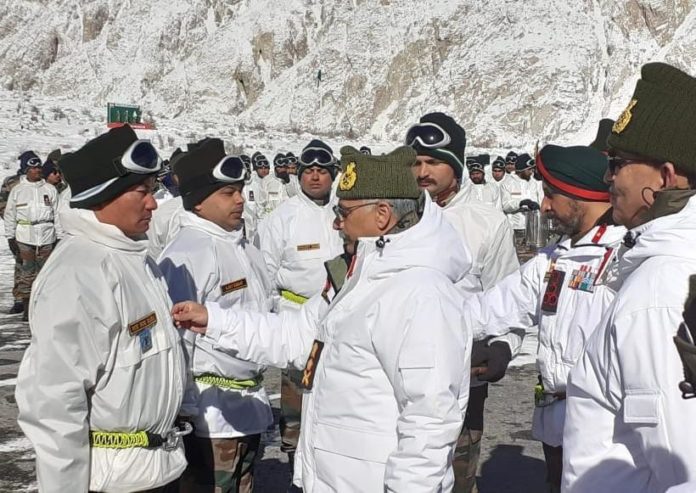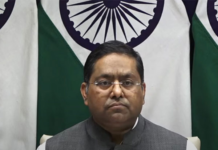Mubashir Bukhari
Srinagar (NVI): The Peoples Democratic Party (PDP) today expelled its nine leaders for “violating the party interest” by meeting a delegation of foreign envoys here, saying their activities were against the “interests” of people of Jammu and Kashmir.
The expelled members included six leaders who met Jammu and Kashmir Lt Governor G C Murmu two days back.
Politicians, civil society groups, singers and activists today met envoys of 15 countries including Bangladesh, United States, Vietnam, Norway, Maldives, South Korea, Morroco, Brazil and Nigeria who visited Kashmir today to “assess the situation” after the abrogation of article 370.
Among the politicians were five leaders of the PDP — Noor Muhammad Sheikh, Javaid Beigh, Rafi Ahmad Mir, Majeed Paddar and Abdul Raheem Rather.
The PDP “stripped-off” basic membership of these leaders later this evening, saying their activities were against the “interests” of people of Jammu and Kashmir and party in particular.
“In the backdrop of what has happened after August 5, it has come to the notice that some of the party members have met these visiting envoys. It is against the very spirit and interests of Jammu and Kashmir for which the party stands,” PDP leader Suhail Bukhari said.
“These things were seen with great concern and disciplinary committee deliberated it and recommended stripping-off their basic membership,” he said.
Bukhari said the expelled members include those leaders who met the LG.
“This is something which should have been announced by our top leadership but since they are under detention, I have been given a mandate to communicate it to the media,” he said.
On January 7, Dilawar Mir of PDP, along with party members Zaffar Iqbal, Choudhary Qamar Hussain and Raja Manzoor Ahmad (PDP) had accompanied their ex-colleagues Ghulam Hassan Mir and Altaf Bukhari to submit a memorandum to L-G Murmu.
Party sources said the party was unhappy over the “anti-PDP activities” of these leaders and have been deliberating the course of action for the last two days.
“Finally today it was decided to expel them. All this has happened when the party is fighting for the rights of people,” they said.
The expelled leaders, however, claimed they don’t feel regretful of their acts, claiming that they took the move for “welfare of people.”
The PDP leaders who met Murmu have also defended their meeting with the Lieutenant Governor.
“In fact, we talked about the release of political detainees. If asking for restoration of statehood, protection of land and job rights, revival of tourism is wrong, then we are ready to bear any consequences,” said Dilawar Mir, who was a Horticulture Minister in PDP-Congress government.
Mir also dispelled “rumours” about forming a new political party or third front. “There is nothing like that. It was just a meeting and should be viewed like that only,” he said.

